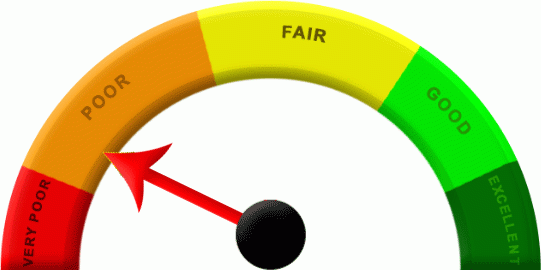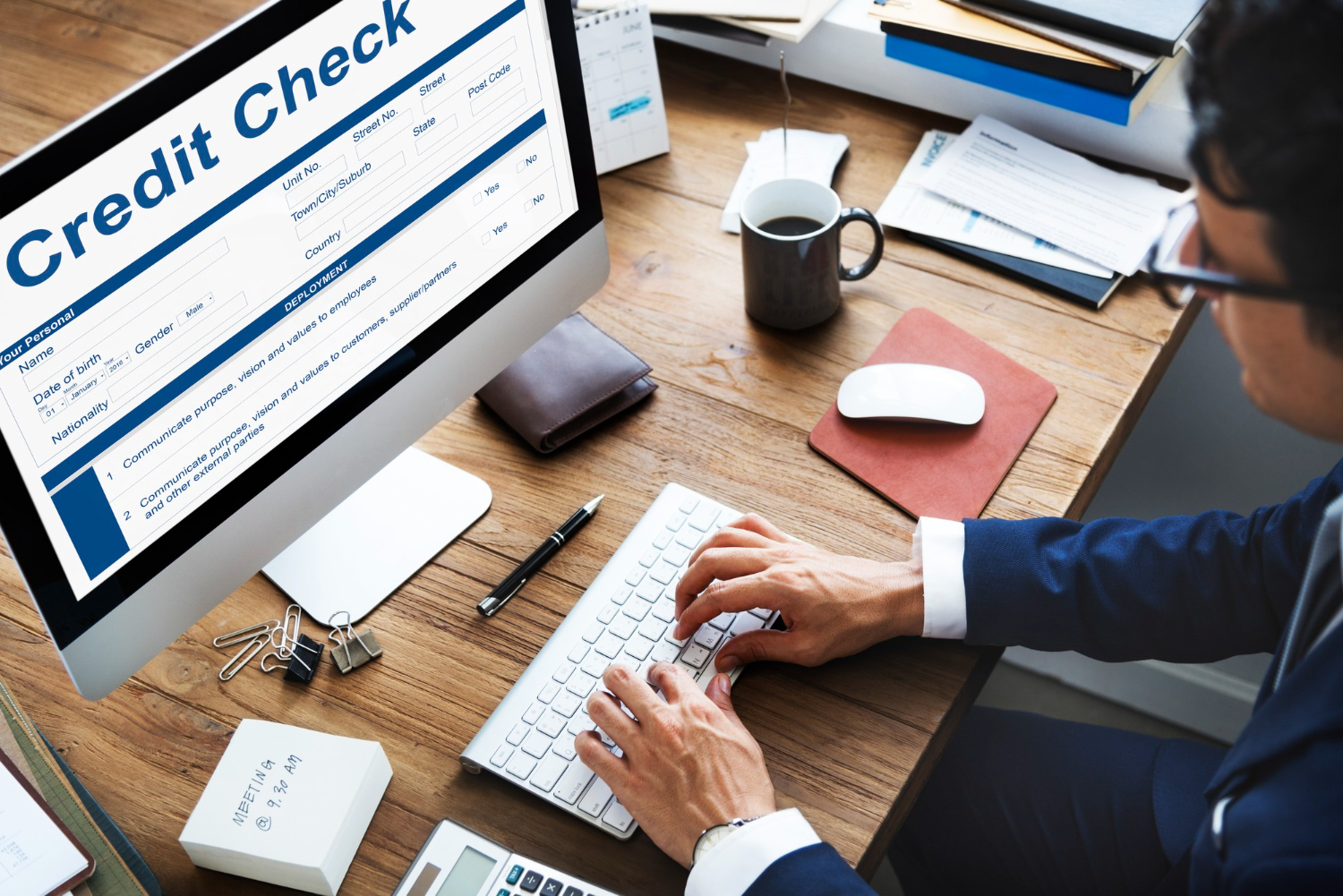For seniors looking for a new venture, house flipping offers a compelling blend of creativity…

When you know how lenders use your credit score and report, it’s easy to improve your credit score! Although it won’t happen overnight, (you didn’t create your credit history overnight, afterall) you can make a major improvement in relatively little time when you focus on the same elements that the credit-reporting agencies use to determine your score.
FICO
The most common score used by most lenders is from a company called FICO (Fair Isaac Co.) This company has specialized in predictive analytics since 1956. FICO uses information from three credit-reporting agencies, Equifax, Experian, and TransUnion to calculate your FICO score. By using this information, along with a range of other information that may be available to them to calculate a credit number or score, FICO is able to forecast which accounts may end up in bankruptcy and which ones will be most profitable.
First Things First
Pull a copy of your credit report at freecreditreport.com. FICO scores range from 300 to 850. The higher your score, the better your credit rating. Borrowers with the highest scores enjoy perks like easy credit availability and lower interest rates.
Don’t fall over when you see your FICO score. Don’t beat yourself up, no matter how bad you think it is. You must know where you’re starting so that you can move forward and make an improvement.
The first thing you need to do when you get your score is to confirm all the information on your report is accurate. Look at every creditor listed and confirm you really owe them the amount that’s listed on the report. If there are any inaccuracies, call the creditor directly and attempt to get the information corrected.
What You Need To Know About Your Credit Report
To understand your score, you should know how the banks look at the information in your credit report. There are five elements that the creditor uses to determine your credit worthiness. They are:
- Payment History (35%)
- Debt/Amounts Owed (30%)
- Age of Credit History (15%)
- New Credit/Inquiries (10%)
- Mix of Accounts/Types (10%)
Each lender type places a different weight on different elements of your credit report, and FICO uses dozens of credit score models to help lenders extend credit. For example, if you apply for a car loan, the lender may be more interested in how you’ve handled payment of car loans.
How To Improve Your Credit Score
FICO considers your payment history and your total loan debt compared to open credit to determine your credit score. Paying your bills on time every time is the most important step in correcting your credit score. The next important step is having available credit by not maxing out your credit cards. For purposes of credit worthiness, FICO likes to see that you are managing your debt by not having too much of it and paying it down. Focusing on these elements and improving them can improve your credit score dramatically within a few months.
Since your payment history is a key factor in determining your credit score, start there. Write down a list of all your bills, including when they are due. Use a calendar or a smart phone app to help you track your payments. Your goal is to pay all your bills, especially credit cards, personal loans, and mortgages, on time every month. Set everything you can to auto pay. Don’t miss any payments!
If you do not have a credit card, try to obtain one. Depending on your credit score, you may start with a very low credit limit and a very high interest rate, but that’s okay. Charge your monthly expenses like gas and groceries to the card and pay it off every month. Your goal is to build a great history with the credit card company by paying your bill on time every month and not charging or carrying more than 30% of the card maximum credit limit. That might be hard at first but discipline yourself to use the card only for monthly expenses that you can afford to pay off every month.
If you have a credit card, or more than one card with high balances, focus on paying down the balance as much as you can every month. And make sure to pay the card or cards before the due date.
Other Helpful Advice
- If you do not have a credit card and can not obtain one, ask for a parent or other family member to add you as a co-borrower on their credit card or loan. This will help build credit for you, even if you’re not the one paying the bill each month. Tip: Don’t go this route unless your family member is trustworthy and pays bills on time. If they don’t pay, the creditor will look to you for payment as a co-borrower.
- If you still can’t obtain a card, consider a secured card. A bank will consider issuing a credit card after you have paid them a security deposit. You will start off with a credit card limit equaling your security deposit, but if you follow the advice above regarding paying on time and not maxing out the card, the bank will likely refund your deposit and increase your credit limit in short time.
- If you have a delinquent credit account, do your level best to pay it off as soon as possible. Depending on other negative factors, late payments can affect your score for two or more years and while they may not affect your score dramatically, they can stay on your credit report for up to seven years.
- You can negotiate with your creditor for removal of a late or delinquent payment. If you were only late one time, write them a letter and ask them to remove the late payment notice to the credit bureau. If you still have a relationship with the creditor, offer to sign up for automatic payments. Creditors are often happy to make a goodwill adjustment if you are willing to guarantee they will be paid.
- You are entitled to a free annual credit report from each of the three major credit-reporting agencies. That means you can check your credit for free every four months, or you can pay to subscribe to any of the credit reporting agency websites to receive a monthly update.
Be Patient
The next thing to do is to be patient. By focusing on your current credit, paying everything on time, and paying down as much debt as you can afford each month, you are building better credit, and this will improve your credit score. Just as every individual is different, so is every credit situation.
By using the above tips, your score will rise. It could rise by a few points every month, and it could rise by as much as 100 or 200 points in a year. Remember, the more you pay down your debt, the better it looks to FICO and creditors. Focus like a laser on paying everything on time and paying down what you can.
With disciple, perseverance, and patience, you will be rewarded by improved credit and control over your finances and future.
Good luck!


